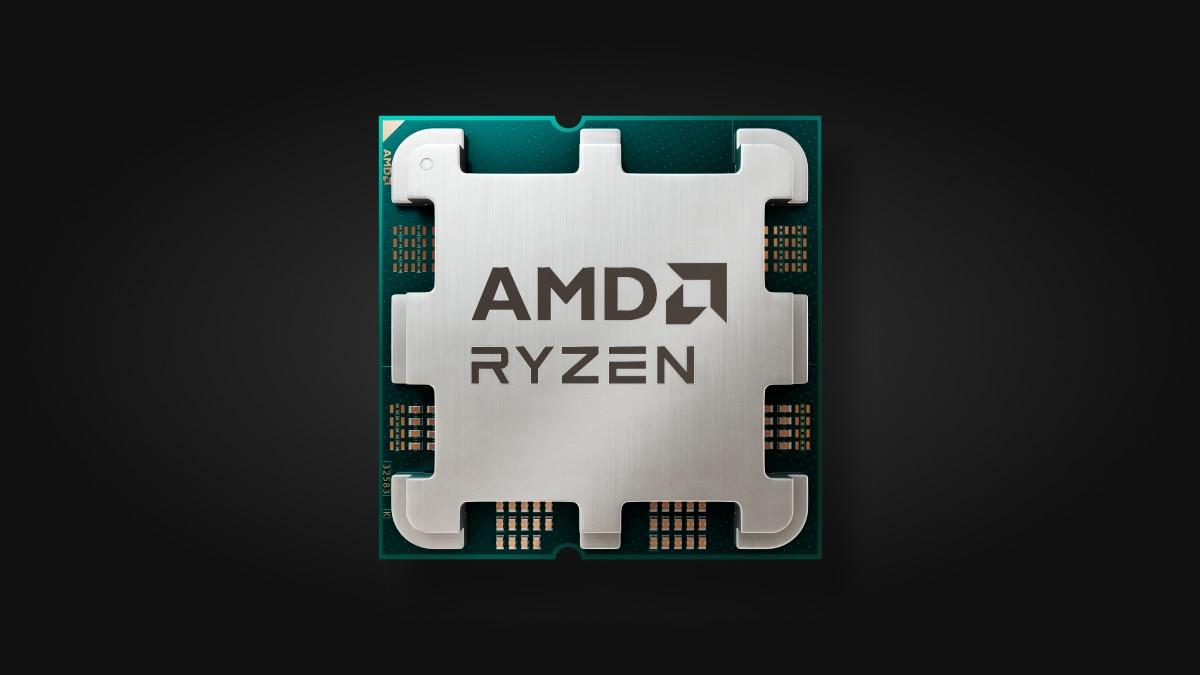In the fiercely competitive semiconductor industry, Advanced Micro Devices (AMD) has transformed from an underdog to a serious contender challenging industry giants. Once primarily known as Intel’s smaller rival, AMD’s strategic shifts in chip design and manufacturing partnerships have positioned it for potential breakthrough into technology’s top tier. This evolution raises questions about whether AMD can fully capitalize on its recent momentum to achieve elite status in an industry where market leadership has historically been concentrated among a select few players. The evolution of artificial intelligence has sparked both excitement and concern across various sectors of society. This transformative technology continues to reshape how we live, work, and interact with the world around us. While some view AI as a catalyst for unprecedented progress, others approach it with caution, weighing its potential benefits against possible risks.
AI systems today can process vast amounts of data, recognize patterns, and make decisions with increasing sophistication. In healthcare, AI algorithms analyze medical images to detect diseases earlier and more accurately than human practitioners. Financial institutions utilize AI for fraud detection and risk assessment, while manufacturing facilities employ AI-powered robots to streamline production processes.
The technology’s impact extends beyond traditional industrial applications. Educational institutions are implementing AI-driven personalized learning platforms, adapting to individual student needs and learning styles. In transportation, autonomous vehicles are becoming more prevalent, promising safer and more efficient mobility solutions. Even creative industries are witnessing AI’s influence, with algorithms composing music, generating artwork, and assisting in content creation.
However, this rapid advancement raises important questions about privacy, security, and ethical considerations. As AI systems become more integrated into daily life, concerns about data protection and algorithmic bias demand attention. The technology’s ability to process personal information and make decisions affecting individuals’ lives necessitates careful regulation and oversight.
The workplace transformation driven by AI creates both opportunities and challenges. While automation may displace certain jobs, it also generates new roles and industries. Workers increasingly need to develop skills that complement AI capabilities, focusing on areas where human creativity, emotional intelligence, and complex problem-solving remain superior.
Research and development in AI continue to push boundaries, with breakthroughs in natural language processing, computer vision, and machine learning. These advances enable more sophisticated applications, from virtual assistants to predictive maintenance systems in industrial settings. Scientists and engineers work to improve AI’s reliability, transparency, and ability to explain its decision-making processes.
The global race for AI supremacy has significant geopolitical implications, with nations investing heavily in research and development. This competition drives innovation but also raises concerns about the ethical development and deployment of AI technologies. International cooperation and standardization efforts aim to ensure responsible AI development while maintaining competitive advantages.
As AI technology matures, its integration into society requires careful consideration of social impact, ethical guidelines, and regulatory frameworks. Balancing innovation with responsibility remains crucial for maximizing benefits while minimizing potential risks. The ongoing dialogue between technologists, policymakers, and the public helps shape the future direction of AI development, ensuring it serves humanity’s best interests while addressing legitimate concerns about its implementation and effects.

